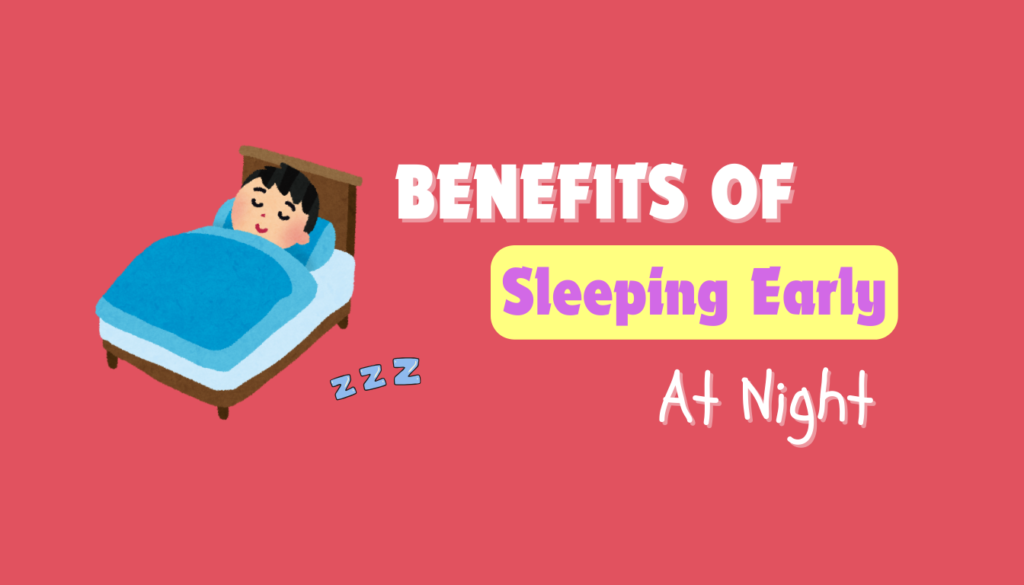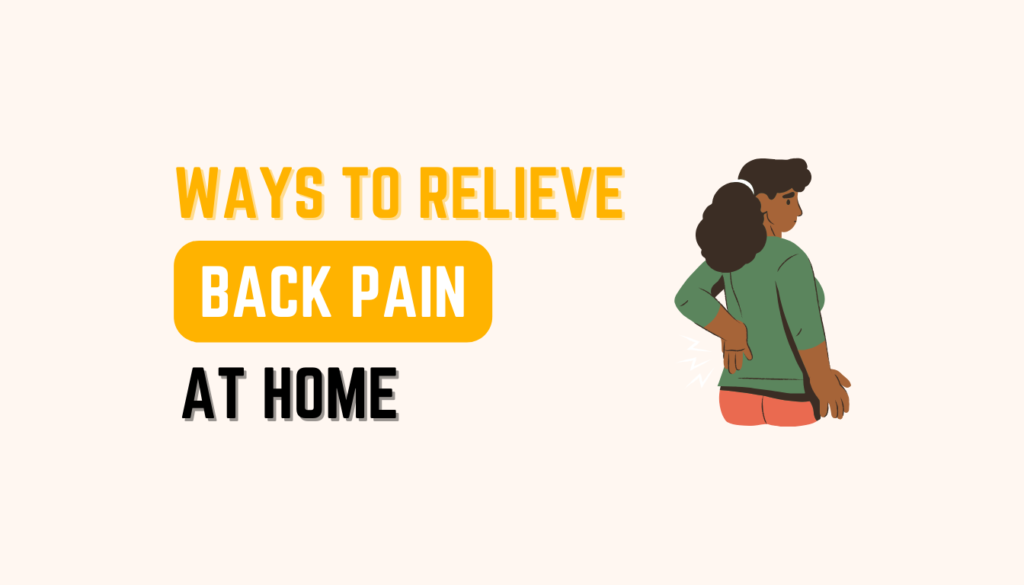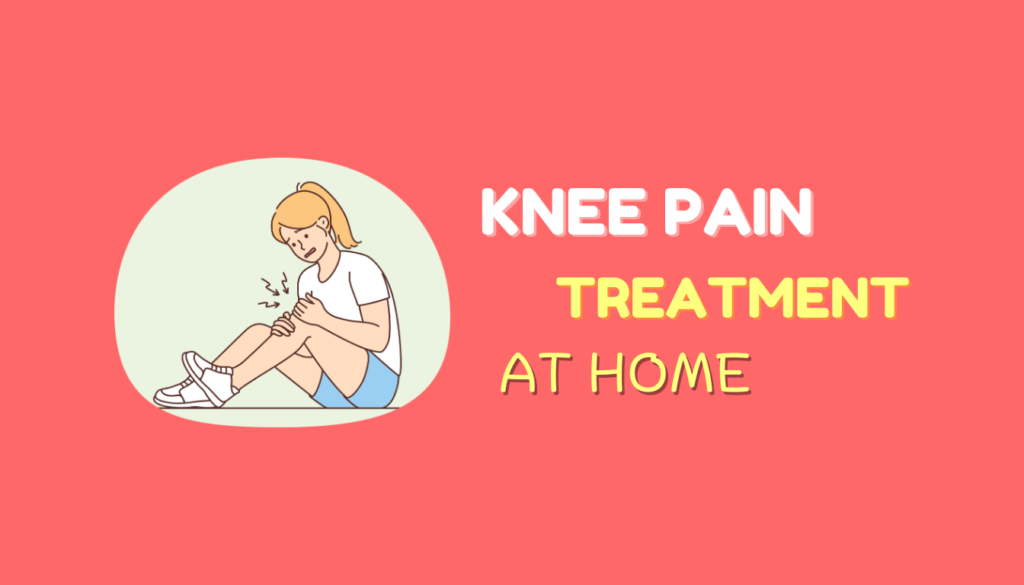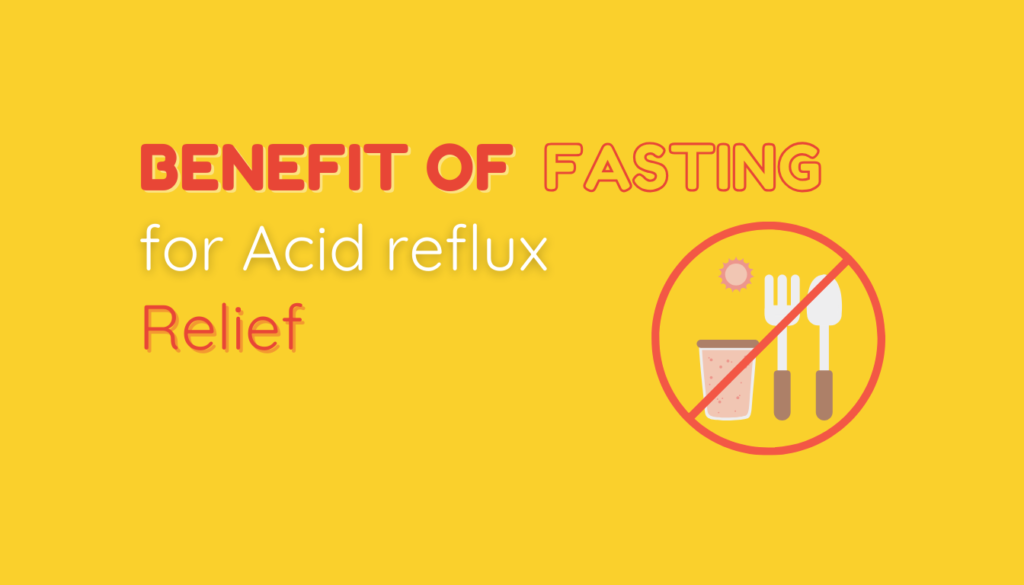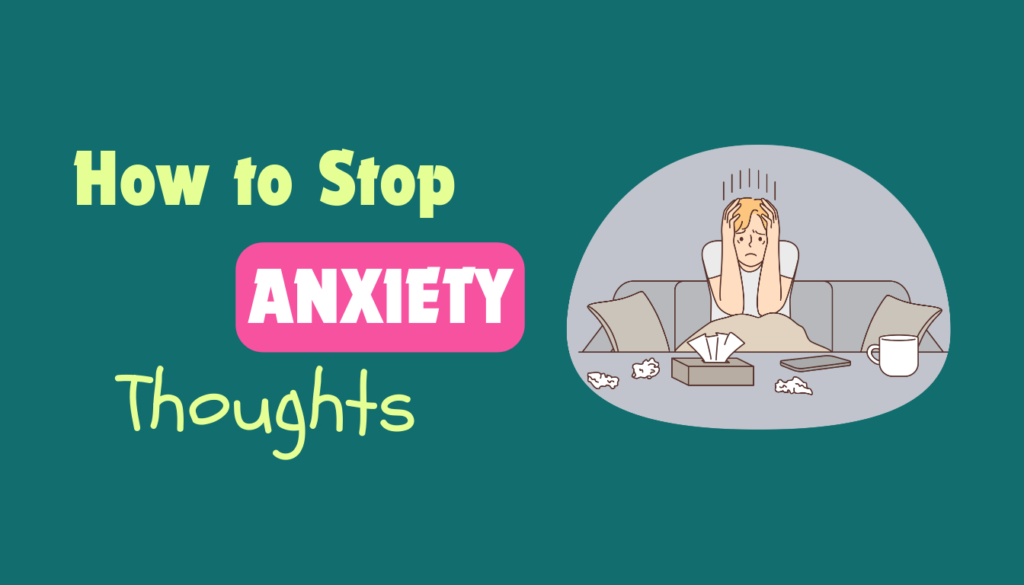Sleeping less than seven hours can harm your health and safety. It is crucial to make sleep a priority each day.
Having enough sleep is key for our well-being. It rivals the importance of a good diet and exercise.
While the amount of sleep needed varies, most adults need 7 to 9 hours. Shockingly, 35% of adults in the U.S. don’t get this amount.1
Ensuring you get enough rest can help keep your weight in check. Not sleeping enough is linked to obesity and weight gain.
Lack of sleep might make you eat more, especially sugary and fatty foods.1 2 3
The Importance of Sleep
The importance of sleep is very high. It’s key for good health and feeling well.
Getting enough high-quality sleep helps our brains work better and our bodies perform well. This includes being better at solving problems and remembering things.
It also boosts our sports and physical activities, like moving our hands and feet fast, reacting quickly, and having strong muscles that can work hard for a long time.
But, when we don’t sleep well, our brains and choices get worse.
Getting the right amount of sleep is also good for our hearts. If we sleep less than seven hours a night, our chances of heart problems and high blood pressure go up.
So, aiming for good sleep health not only makes us smarter but also keeps our bodies healthy. This helps lower the risk of diseases that can last a long time.
1. Memory and Learning Enhancement
Getting enough high-quality sleep and focusing on learning are crucial. They greatly improve how well our brains work.
Research has shown that good sleep and memory are closely tied. When we sleep well, our memory stores information better. This helps us with problem-solving and thinking clearly.
On the other hand, if our sleep is bad, our brain and decision making may be affected.4
For example, a study looked at tired doctors. It found that those who lacked sleep were much more likely to make big mistakes. This was especially true for doctors who had less sleep.
The link between sleep and learning is important in many areas, not just in healthcare. It’s been proven that good sleep and memory work together well.
Getting enough sleep can increase how well we remember things by 20 to 40 percent.4 For memory, stage 3 deep sleep is very important.
Brain scans have shown that during this sleep, our brain moves memories from one place to another to keep them safe.4
Also, REM sleep seems to help us solve hard problems better.
In studies, people could solve more puzzles after REM sleep. They did not do as well after non-REM sleep.4
It’s key to sleep well throughout learning, not just the night before a test. This can lead to higher scores on tests.4
Understanding the link between sleep, memory, and learning can help us do better. It’s clear that getting good sleep can boost our learning and memory.
This is essential for success at school, work, and in life in general.
2. Increased Longevity
Sleep plays a big role in how long and well we live. Studies show a clear link between getting enough sleep and a longer life.
Men who sleep enough can live five more years. Women, if they make sleep a priority, gain about two more years of life.
However, up to a third of American adults do not sleep enough. This choice can lead to heart disease, dementia, and diabetes, increasing their health risks.5
Sleep and heart health are very connected as well. A review of 19 studies found that sleeping less than seven hours increases the risk of dying from heart disease by 13%.
Additionally, for each hour of sleep lost, the risk of dying from any cause, including heart issues, rises by 6%.
Not getting enough sleep can also age your heart and blood vessels. It makes you less sensitive to insulin, affecting how your body uses sugar and raising the risk for type 2 diabetes.5
As we grow older, our sleeping patterns can change. We tend to have less deep sleep and more light sleep due to lower melatonin levels.
But there are ways to help. By keeping a regular bedtime, making your sleeping area dark, exercising, and sticking to a bedtime plan can boost how well we sleep. This, in turn, supports a longer life.5
3. Reduced Inflammation
Bad sleep affects our body’s inflammation. Not getting enough sleep or having poor sleep can set off inflammatory responses. This leads to higher levels of harmful inflammation markers.
Chronic inflammation can contribute to several serious health conditions. These include obesity, heart disease, some cancers, Alzheimer’s, depression, and diabetes type 2.
So, it’s crucial to get proper rest to help reduce inflammation risks.6
A 2019 study linked long-term inflammation with diseases throughout life. It showed sleep is deeply tied to inflammation and health.
Another review in 2019 highlighted the critical relationship between sleep and inflammation. It underscored their vital roles in both sickness and good health.6
Experts also discuss how sleep and the immune system affect each other. They say keeping a balance between sleep and immunity is crucial for our health.
This shows how intricate our body’s functions are, with many parts working together for well-being.
In 2009, a publication discussed how the immune system helps regulate our sleep. It showed the important role of the immune system in our sleep habits.
Plus, to understand how sleep works, researchers looked at the effects of staying awake in people who drink a lot.
A 2002 study found that not sleeping enough affected these individuals differently.
Studies have found a link between sleep problems and inflammation in people who have stopped drinking. This highlights how inflammation can affect the quality of our sleep.
In 2011, a study noted that changing how we sleep and our health habits influences inflammation markers in older folks.
So, maintaining a healthy lifestyle, including good sleep, is important for keeping inflammation in check.6
4. Boosted Creativity
Getting a good night’s sleep can help us be more creative. Experts say sleep and creativity go hand in hand.
When we sleep for about 8 hours, our body goes through different sleep stages. Each 75-90 minute cycle includes non-REM and REM sleep.
It’s interesting to note that about 20 percent of this time is spent in non-REM Stage 3.7
Research from the University of California in San Diego highlights the importance of both non-REM and REM sleep. It shows that experiencing both types helps boost creativity.7
A Harvard study backs this up. It found that people who dreamt about a problem solved it 25 percent of the time during their dream.7 This means dreaming can aid in problem-solving.
More studies point to napping as a creativity booster. When people were told to dream about specific topics while napping, their creative output rose.
Those who dreamt about trees told the most creative stories. This shows that directed dreaming can enhance creativity.8
Other findings suggest that the way we sleep affects our thinking.
For instance, spending at least 15 seconds in the N1 sleep stage increases the chance of solving a math problem by three times. Napping to REM sleep also improves performance on word association tasks.9
Research leaves no doubt – quality sleep is crucial for creativity and problem-solving. Knowing this, we can work on improving our sleep. With better rest, our minds can excel in various tasks.
5. Improved Athletic Performance
We’ve learned that sleep and athletic performance are closely connected.
Several studies confirm that good sleep boosts fine motor skills, reaction time, and power. This is essential for athletes to perform their best.10
Most people need 7 to 9 hours of sleep each night, but those training might need more. Athletes may aim for an extra hour of sleep to help with recovery and performance.10
A study at Stanford University showed how extra sleep can directly improve results. The basketball players who slept nearly 2 hours more each night increased their speed by 5%.
They also made 9% more accurate free throws.10 Other research has linked more sleep with better performance in speed, accuracy, and overall athletic abilities.10
Keeping a regular sleep schedule is key for sleep and physical performance.
When athletes travel, it can mess up their sleep routines. It’s important to adjust slowly to new sleeping conditions to keep performing well.10
Using sleep aids should be avoided as these can lower the quality of sleep and thus performance.10
Before big competitions, athletes are advised to limit alcohol and caffeine. This helps them sleep better and reduce the chances of getting hurt.
Good sleep habits are crucial for top athletic results and less injuries.10
More studies show that getting 10 hours of sleep can do wonders for athletes. It can lead to better physical and mental health, improved speeds, more accurate shots, and quicker response times.11
Swimmers saw faster times in their races and better performance in tasks like diving. They achieved these after increasing their sleep to 10 hours.11
Tennis players, who slept 9 hours a night at least, saw a big leap in their serve accuracy. From 36%, their serves went up to almost 42%.11
On the other hand, lack of sleep can cause several problems. It includes slower sprint times, less accurate serves, and quicker tiredness.11
It also decreases reaction time, hampers thinking, and raises the chances of getting injured and sick.11
For optimal performance, athletes are advised to get 7 to 9 hours of sleep every night.
Elite level athletes, though, should strive for 9 hours at least.11 It’s also good for athletes to take naps after a night with little sleep.
Extending their sleep during competition periods or when recovering from injury or illness is beneficial too.11
6. Enhanced Academic Performance
It’s critical to put sleep and academic performance first. Many studies have shown how important good sleep is for thinking and learning.
A big review found that better sleep and thinking make grades better for kids and teens.12
In Portugal, a study saw that how well teenagers sleep and learn links to their school results.12
Teens who don’t get enough sleep do worse at school. Many studies have looked at why bad sleep hurts schoolwork.12
Not getting enough sleep can harm more than just one student’s grades. When schools start later, students tend to do better academically. This is now well known.12
Not breathing well at night and feeling sleepy during the day can also lead to worse school performance. This seems to be true for students all over the world, from Korea to Pakistan.12
The link between sleep quality and academic performance is clear. A study found that teaching college kids about sleep helped them do better in school.12
Researchers also found that the more you naturally sleep, the better you do in school.12 It’s clear that sleep habits can be very important for school grades.
This is especially true for both college and medical students.12
But the effect of sleep goes beyond school. For example, bad sleep can make Iranian drivers more likely to have accidents.12
A special test, the Persian Pittsburgh Sleep Quality Index, shows just how much sleep affects people.12
To sum up, it’s very well proven that sleep helps with academic success, thinking, and learning. By making sleep a top priority, we can improve our thinking and school grades a lot.12 13
7. Better Attention and Behavior in Children
The link between sleep and child behavior is clear. Good sleep helps kids solve problems better and remember more.
But, lack of sleep can hurt their brain function and the way they make decisions. For children, proper sleep truly makes a difference in how well they do at school.
A study by Black MM et al. (2017) showed starting early is key to good attention and behavior.
Even Beebe DW (2011) backed this up by pointing out the effects of not enough sleep on kids and teens. Hysing M et al. (2016) explored how sleep issues in kids connect to emotional problems.14
And Mindell JA et al. (2016) found how sleep relates to social and emotional growth in babies and toddlers. Linking behavioral sleep problems to future emotional and focusing issues, Williams KB et al. (2017) suggested a critical model.
Sleep truly is central for our children’s healthy brain development and good behavior.
8. Reduced Stress and Anxiety
Getting a good night’s sleep is key to fighting stress and anxiety. It’s been proven that mental health and sleep are tightly connected.
Plenty of studies show that bad sleep is often linked to depression and anxiety.15 One research with over 2,600 people discovered that those with anxiety and depression had trouble sleeping. They gave lower scores to their sleep quality.
Folks with sleeping problems such as insomnia feel more depressed than those who sleep well.15
Proper sleep helps lower stress by reducing cortisol levels. It helps balance the body’s functions.15
Having a regular sleep schedule is crucial. This keeps the immune system strong and helps the body handle stress better.15
Aim to sleep for seven to nine hours each night. This will keep your hormone levels in check and lower stress and anxiety.15
Some studies suggest that going to bed two hours earlier can decrease depression and stress.3
Night owls, or those who sleep late, face more health issues. They often suffer from anxiety and depression more than early risers do.3
Changing the sleep time of night owls can boost their performance and change their best hours.3
By making sleep a top priority and keeping a stable sleep pattern, we can do a lot for our mental health and happiness.
9. Improved Safety and Reaction Time
Not enough sleep is bad for us and others. It makes us slow down in thinking and acting. Our reflexes suffer when we’re tired, just like when we drink too much.16
The CDC says driving without enough sleep is risky. If you slept less than 6 hours, you might nod off behind the wheel.16
Sleeping less than we need is a big issue for safety. Many Americans don’t get the recommended 7 hours.17
After a week of only sleeping 5 hours a night, people felt slower in their reactions.17 Drowsy driving each year causes 800 deaths.17
Alcohol and too little sleep both slow us down. But, caffeine can help make us quicker. So can meditation and deep breathing, especially when we’re tired.17
Sleep is as key to safety as not drinking before getting in a car. It’s inattention and sleepiness that cause so many car accidents and deaths each year.16
Young people are especially at risk.16 Knowing this, we should prioritize sleep. It’s how we keep our wits about us, making driving safer for all.
Conclusion
Sleeping less than seven hours a night is risky for our health and safety. It’s vital to make sleep a top priority every day. Getting enough sleep boosts our brain, body, and heart, making us better at everything we do.18
Going to bed early has a lot of benefits. It helps manage weight, lowers inflammation, and boosts grades or work performance. These upsides of sleeping early should motivate us all to do better with our bedtime.19
Knowing the good sides of sleeping early, we should take action to get better sleep. This means keeping our sleep space dark and quiet, sticking to a sleep schedule, and keeping our stress low at night.
Such practices give our bodies the rest they need to be their best.18
By caring for our sleep, we boost our chances of success in all parts of life. So, let’s remember to sleep early, value sleep, and follow these tips for better rest. Our well-being depends on it.19 18
Source Links
- https://www.healthline.com/nutrition/10-reasons-why-good-sleep-is-important
- https://www.webmd.com/sleep-disorders/benefits-sleep-more
- https://www.sleepfoundation.org/sleep-hygiene/benefits-of-waking-up-early
- https://www.med.upenn.edu/csi/the-impact-of-sleep-on-learning-and-memory.html
- https://mcpress.mayoclinic.org/healthy-aging/how-quality-sleep-impacts-your-lifespan/
- https://www.ncbi.nlm.nih.gov/pmc/articles/PMC10274531/
- https://eachnight.com/sleep/sleep-improves-impairs-creative-thinking/
- https://news.mit.edu/2023/sleep-sweet-spot-dreams-creativity-0515
- https://www.sleep.com/sleep-health/nap-to-boost-creativity
- https://www.webmd.com/fitness-exercise/features/sleep-athletic-performance
- https://www.sleepfoundation.org/physical-activity/athletic-performance-and-sleep
- https://www.ncbi.nlm.nih.gov/pmc/articles/PMC7381801/
- https://www.ncbi.nlm.nih.gov/pmc/articles/PMC6773696/
- https://www.ncbi.nlm.nih.gov/pmc/articles/PMC6587181/
- https://www.bannerhealth.com/healthcareblog/teach-me/how-sleep-can-affect-stress
- https://www.webmd.com/sleep-disorders/features/10-results-sleep-loss
- https://www.sleepfoundation.org/sleep-deprivation/sleep-deprivation-and-reaction-time
- https://www.sleepfoundation.org/how-sleep-works/why-do-we-need-sleep
- https://www.ncbi.nlm.nih.gov/pmc/articles/PMC9518120/

